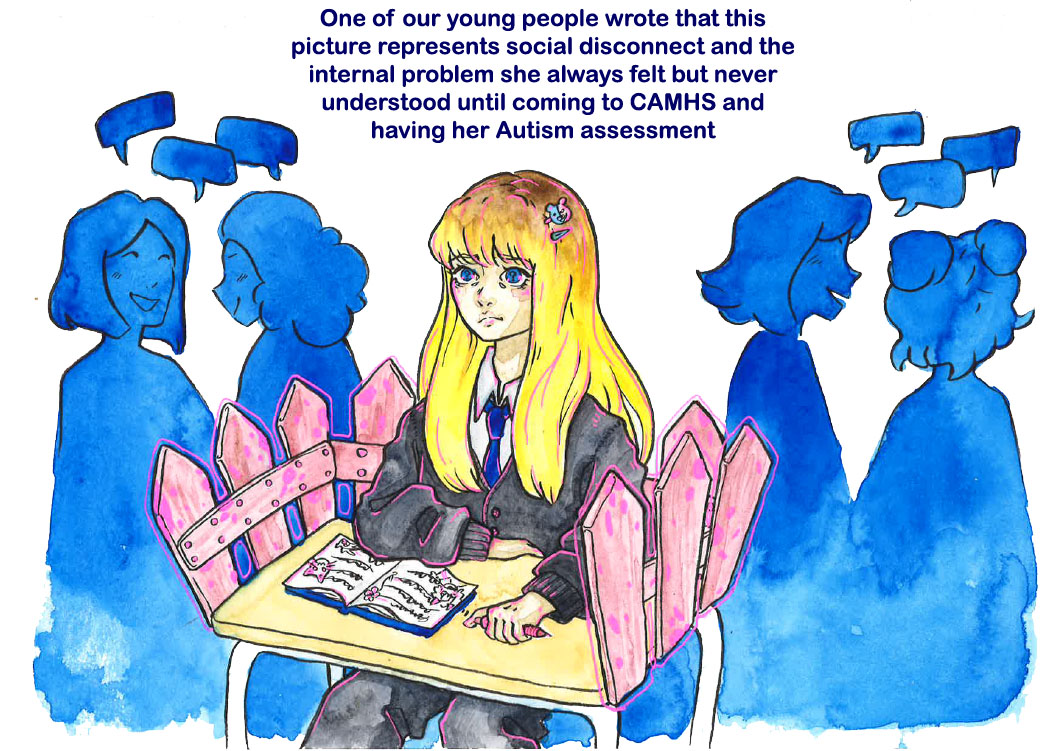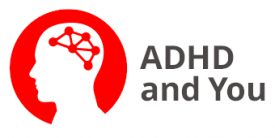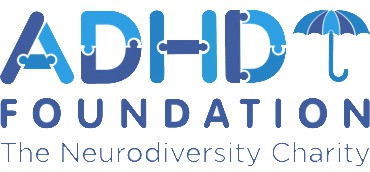
North Lincolnshire Child and Adolescent Mental Health Service (CAMHS) provide a specialist assessment for children with neurodevelopmental disorders. The assessment will look at all your child’s strengths and weaknesses to provide a full developmental profile. We may also assess their cognition and learning ability and their functional skills. As part of this assessment we aim to gather as much information to help with our assessment; this will include liaising with school and any other professionals involved.
Referral for a neurodevelopmental assessment
Who can refer?
We require the referral packs to be collated and submitted by the school/ educational setting. We do not accept referrals from parent/caregivers or self-referrals. The referral pack includes a referral form and additional information forms from parent/carer and young person’s and school/education setting to complete. Both the tree forms and the appropriate useful information forms (ASD, ADHD or both forms if the request is for an autism and ADHD assessment) must be submitted for the referral to be accepted. We would also encourage the completion of the young person useful information form if appropriate. If parents or young person require support to complete the pack, then we would encourage school and the young person’s setting to support them with this.
What is needed to make a referral?
We require the referral packs to be collated and submitted by the school setting. We do not accept referrals from parent/caregivers or self-referrals. The referral pack includes forms from parent/carer and young person’s and school/education setting. Both forms must be submitted for the referral to be accepted. If parents or young person require support to complete the pack, then we would encourage school and the young person’s setting to support them with this.
Referral Pack
Important please be aware we are asking for new information: Before submitting the referral, please ensure that you have attached all the supporting evidence (see below checklist).
Without this evidence referrals will not be accepted.
Download tree form by clicking on the link (please ensure you save your document)
Download the useful information Autism Spectrum Disorder form by clicking on the link (please ensure you save your document)
Download the useful information ADHD form by clicking on the link (please ensure you save your document)
Download the useful information Young Person form by clicking on the link (please ensure you save your document)
Checklist – Before you submit check that you have included:
- Gained consent from all individuals with Parental Responsibility to make a referral to the service and this is evidenced on the referral form within the referral pack.
- Ensure that the Child/ young person is aware of the reason for referral and has consented to the referral (if developmentally appropriate)
Include the referral form (Tree form). - Include the appropriate useful information forms – ASD, ADHD and Young Person views.
- SEN Support Plan or equivalent, which documents at least two cycles of Plan, Do, Review evidence. Please be aware that referrals will not be accepted without at least two cycles of Plan, Do, Review evidence.
- Information about the agencies which are involved.
- Any reports by involved practitioners – past or current.
- Any completed Sensory Questionnaires or any other information that would support the referral.
On receipt of the fully completed referral pack, the referral will be reviewed by the team to assess whether further neurodevelopmental assessment is appropriate.
[/alert]
Our assessment includes the following:
1. Initial meeting
An initial meeting will be held with your child and family to discuss concerns and to gather information on family background, medical information and details of who we can contact to get more information. We will also discuss any risky or challenging behaviours your child might be displaying. At this point we might discuss if there are any other agencies or pathways within CAMHS that may be able to support you and your child.
At the end of this meeting we will agree a care plan with you around what future assessments will be required.
2. 2nd Meeting with Parents and Caregivers
This is a meeting with parents/caregivers to complete a detailed developmental history. This involves asking questions about our children early years, toddlerhood and when they were at primary school. We will also ask you questions about their current behaviours.
If you have any past reports or your child’s ‘baby record book’ it may be helpful to bring copies along to the appointment.
3. Schools and Professionals
We will liaise with your child’s school and any other professionals involved in their care.
We will observe your child in an education setting (please be aware this may not occur with every child).
4. Assessments and Questionnaires
We will complete an Autism Diagnostic Observation Schedule (ADOS). This is a play based observation assessment completed with the child.
Finally we may complete standardised questionnaires and psychometric assessments with your child. These tests may include a cognitive assessment and tests to explore various facets of attention.
5. Multi-disciplinary Team Discussion
Once the assessment process is complete all the information is carefully considered by the North Lincolnshire Neurodiversity Team. This team includes Clinical Psychologists, CAMHS Practitioners, Educational Psychologists and Colleagues from the Autism Spectrum Education Team and the Behaviour Support Service. The team will develop an understanding of your child’s strengths and difficulties, which may or may not include a neurodevelopmental diagnosis.
6. How we Feedback?
Your family will be invited to a feedback appointment to discuss the outcome of the assessment and the next steps. In some cases, there may be a role for continues support with CAMHS, for example where mental health concerns have been identified or medication needs to be prescribed. In these cases, the child will be referred to the most appropriate care pathway.
A report of the full assessment will be provided so that families and professionals have a copy of the information on which decisions have been based.
Find out about resources, services, support, activities and events for North Lincolnshire children and young people with Special Educational Needs and Disabilities (SEND).
North Lincolnshire Local SEND offer
ADHD POST DIAGNOSIS PATHWAY
What happens after have I been diagnosed?
- Once the Neurodevelopmental assessment process is completed a feedback appointment with your child / parent and or carer will be offered where we will discuss the outcome of your child’s/ young person neurodevelopmental assessment, including ASD and ADHD diagnosis and create a holistic plan that addresses psychological, behavioural and educational needs.
- We will advise you by offering and signposting you to education and information on the causes and impact of ASD/ ADHD along with additional resources and strategies. We will discuss referrals to appropriate organisations and services in North Lincolnshire and discuss in details the recommendations we will make in the finalised report.
If a diagnosis of ADHD has been given we will discuss with you the option of a referral to the Consultant Paediatrician at Scunthorpe General Hospital if you wish for your child/ young person to be considered for a trial of medication.
What happens once I turn 18?
When you/your child turns 17, the ADHD nurse at Scunthorpe General Hospital will begin to discuss the process of ‘transition’ to the adult service. This involves an appointment with the ADHD nurse to discuss a collaborative and person-centred plan of care with you and your parent/carer. This appointment will include what to expect from the adult service, where you can find it and who your new worker will be.
The last appointment will be a joint appointment with your CAMHS ADHD nurse and the Adult ADHD Nurse. This appointment will be led by the Adult ADHD Nurse but your CAMHS ADHD nurse will be there to support you.
Links to further information
 The Family Lives website has advice & information for parents at every stage of a child’s life – Early Years Development, Primary and Secondary Education, Teenagers and Bullying. Specifically, they have a section on SEND which provides information and advice about Special Educational Needs, along with sleep advice and fun things to do. They also have confidential helplines, forums, parenting advice videos and online parenting courses.
The Family Lives website has advice & information for parents at every stage of a child’s life – Early Years Development, Primary and Secondary Education, Teenagers and Bullying. Specifically, they have a section on SEND which provides information and advice about Special Educational Needs, along with sleep advice and fun things to do. They also have confidential helplines, forums, parenting advice videos and online parenting courses.
 This website explains the symptoms and causes of ADHD, how ADHD affects the brain, co-existing conditions and positive traits. It has a section around living with ADHD and an overview of this at each stage in life (childhood, adolescence and adulthood).
This website explains the symptoms and causes of ADHD, how ADHD affects the brain, co-existing conditions and positive traits. It has a section around living with ADHD and an overview of this at each stage in life (childhood, adolescence and adulthood).
 Free educational resource on children and young people’s mental health for adults, but can also be really useful for teenagers. It covers lot of topics.
Free educational resource on children and young people’s mental health for adults, but can also be really useful for teenagers. It covers lot of topics.
 Help for children and young people – gives specific advice for different types of worries.
Help for children and young people – gives specific advice for different types of worries.
ADHD Foundation Resources